2020 Symposium: Lawyering in the Age of Climate Change
From rising sea levels and warming cities to more extreme weather and crop failures, climate change has already begun to have a measurable impact on the world around us. The United States and other countries have taken a variety of steps to combat climate change in the hopes that we might avoid the worst consequences of a warming planet. But with governments’ climate change policies have come collective action problems, controversy, and, in due course, heavy involvement of lawyers.
While the Stanford Law Review will not be able to host our 2020 Symposium, entitled Lawyering in the Age of Climate Change, in person this spring, we are thrilled to bring you a series of thought-provoking Essays from our scheduled participants addressing the role of lawyers in shaping our society’s response to climate change. Over the next few weeks, we will be releasing six Essays by both scholars and practitioners examining the many ways in which the success of fossil fuel reduction, renewable energy production, climate adaptation, and many other strategies to address climate change will be defined by lawyers’ advocacy. We hope you will join us in thinking about this issue that will increasingly shape our society in the coming decades.

Symposium - 2020 - Lawyering in the Age of Climate Change
What the Pandemic Can Teach Climate Attorneys
by Sara C. Bronin
The COVID-19 pandemic has caused more rapid changes to the law than most of us have seen in our lifetimes. As many have argued, climate change is also a dire emergency, requiring an equally sweeping legal response. Unlike COVID-19, however, the climate crisis will not manifest as one swift, simple, time-limited threat that might generate immediate consensus. This Essay explains why, on a practical level, COVID-19 and climate are intertwined. It argues that climate attorneys should focus on coronavirus lawsuits, which could be more consequential to climate progress than recent executive or legislative action.
Volume 72 (2019-2020)
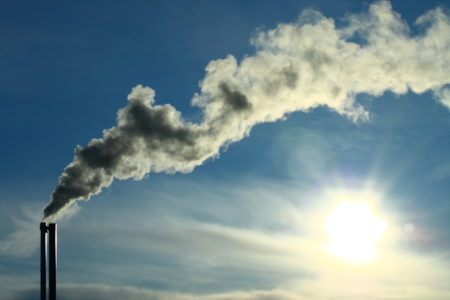
Symposium - 2020 - Lawyering in the Age of Climate Change
Litigating Separate and Equal
Climate Justice and the Fourth Branch
by Maxine Burkett
There are two kinds of climate cases proceeding through the courts that intersect with racial discrimination. One, the carbon tort, has the potential to address the more severe impacts of climate change on black and brown communities. The other, Juliana v. United States or, informally, the “Youth v. Gov” case, invokes the struggles and legacy of those fighting for racial equality in the civil rights movement. This Essay explores the “separate” and “equal” themes in these two lines of cases and, particularly relevant to the latter, suggests that the appeals for equality and dignity may continue to find inspiration in the broader strategies of the civil rights movement.
Volume 72 (2019-2020)
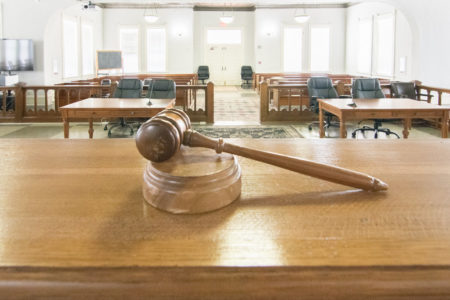
Symposium - 2020 - Lawyering in the Age of Climate Change
Forum Versus Substance
Should Climate Damages Cases Be Heard in State or Federal Court?
by Vic Sher
Since 2017, public agencies including cities, counties, and one state have filed thirteen lawsuits against fossil fuel companies seeking climate change-related damages. Plaintiffs filed 12 of the 13 cases in state courts; all 13 assert solely state law claims. But, defendants removed the cases to federal court. This Essay examines the relationship between the questions of federal court removal jurisdiction and the substance of plaintiffs’ claims.
Volume 72 (2019-2020)
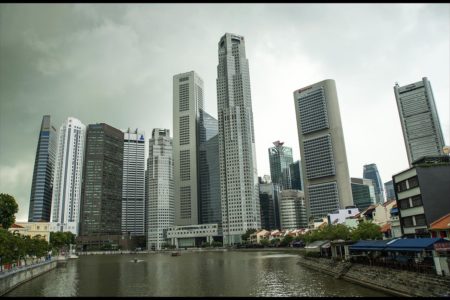
Symposium - 2020 - Lawyering in the Age of Climate Change
New Mandates for Action
Corporate Governance Meets Climate Change
by Ali A. Zaidi
In recent years, entities involved across the broad spectrum of private capital formation have begun to analyze the financial implications of climate change. This Essay seeks, briefly, to identify the purpose, people, and processes activated in the engagement of climate change by corporate governance. It notes with optimism that the decision points for corporate governance in this context are heterogenous: Opportunities exist to go on offense, not just defense.
Volume 72 (2019-2020)
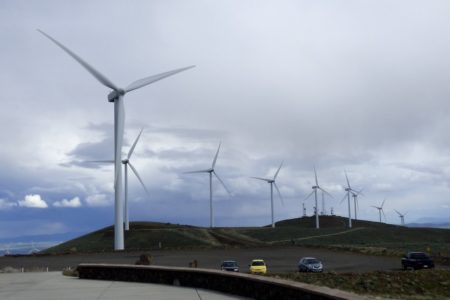
Symposium - 2020 - Lawyering in the Age of Climate Change
The Role of Lawyers in Decarbonizing Society
by Michael B. Gerrard
A number of groups of engineers and scientists have laid out specific pathways for meeting targets for reducing greenhouse gas emissions. For governments and corporations to deviate from their business as usual and instead follow these pathways, voluntary measures will only take us so far; legal requirements, incentives, and other inducements are needed. This Essay concerns one current project to turn GHG reduction goals into actual laws that could achieve these goals, and the critical role that volunteer lawyers will play in this effort.
Volume 72 (2019-2020)
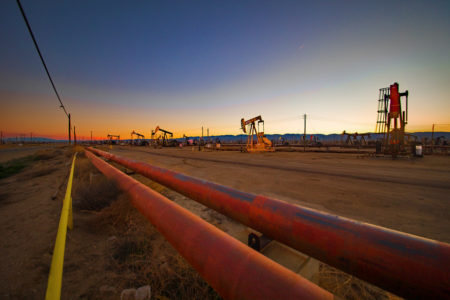
Symposium - 2020 - Lawyering in the Age of Climate Change
The Public Use Clause in an Age of U.S. Natural Gas Exports
by Alexandra B. Klass
This Essay explores how courts are grappling anew with the role of the Public Use Clause in an age of energy exports. Recent case law involving FERC’s public use determinations and the agency’s practice of delaying judicial review of its decisions through “tolling orders” shows increasing discomfort in the federal courts with FERC’s treatment of these projects. Such discomfort could lead to real changes in the law governing public use for natural gas pipelines and may create a new jurisprudence surrounding eminent domain.
